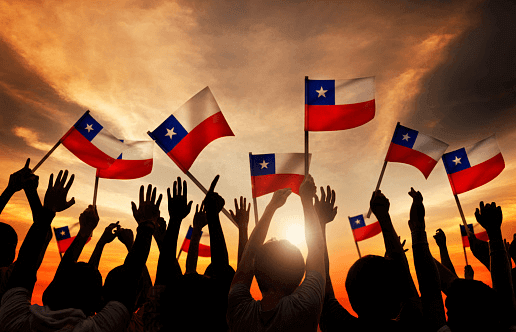Embryonic programs to nationalize mining, a one-chamber Congress, water rights, and protections for indigenous territories are some of the more tense motions the assembly will discuss and vote on in over 20 plenary sessions.
The new Constitution, which comes as Gabriel Boric, a 36-year-old leftist ex-student protest leader, is set to take office as president in March. It could mark the Andean country’s most surprising political and social shift since its return to democracy in 1990.
The new Constitution has flared jitters among investors and mining firms, extending a challenge to the country’s market-oriented economic model, which dates back to the so-called Chicago Boys economists during Pinochet’s bloodstained military rule.
On the debate, the lists are water and property rights, central bank independence, and labor practices. Other themes contain animal rights, feminist education, protection of the natural world, and the legalization of cannabis.
The recommendations will be discussed in the coming months and will need support by two-thirds of delegates, some 103 votes. If agreed, they would face a procedure of modifications before a second definitive vote to be incorporated in the final text. If deserted, they would return to the commission to be revised or discarded.
The possibility for sharp shifts in the country has caused some alarm among conservatives. Nevertheless, Quinteros sought to ease fears, saying there had been lots of “misinformation” around the process and that the motions were at an early stage.
But those worries have seen some loss of support for the process, with a survey from private pollster Cadem showing that the proportion of people who presently intended to vote to approve the new Constitution had fallen to 47% from 56%.
The constitutional body, selected last year, is dominated by independent and left-leaning representatives, some with origins in the 2019 protest movement that broke out over imbalance in one of the region’s wealthiest countries.
Kenneth Bunker, director of consultancy Tresquintos, expressed this was a crucial moment for problems to be raised to avoid “wacky” motions moving forward and damaging trust in the process. But Bunker still thought the new Constitution would ultimately pass, though it would create a challenge for Boric’s new government.











